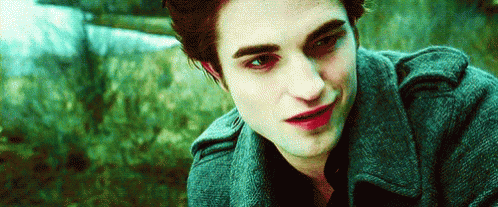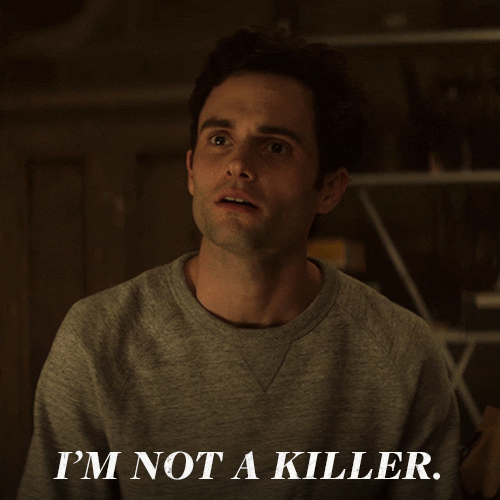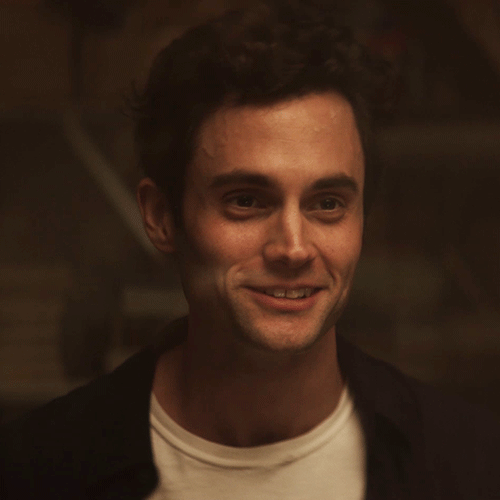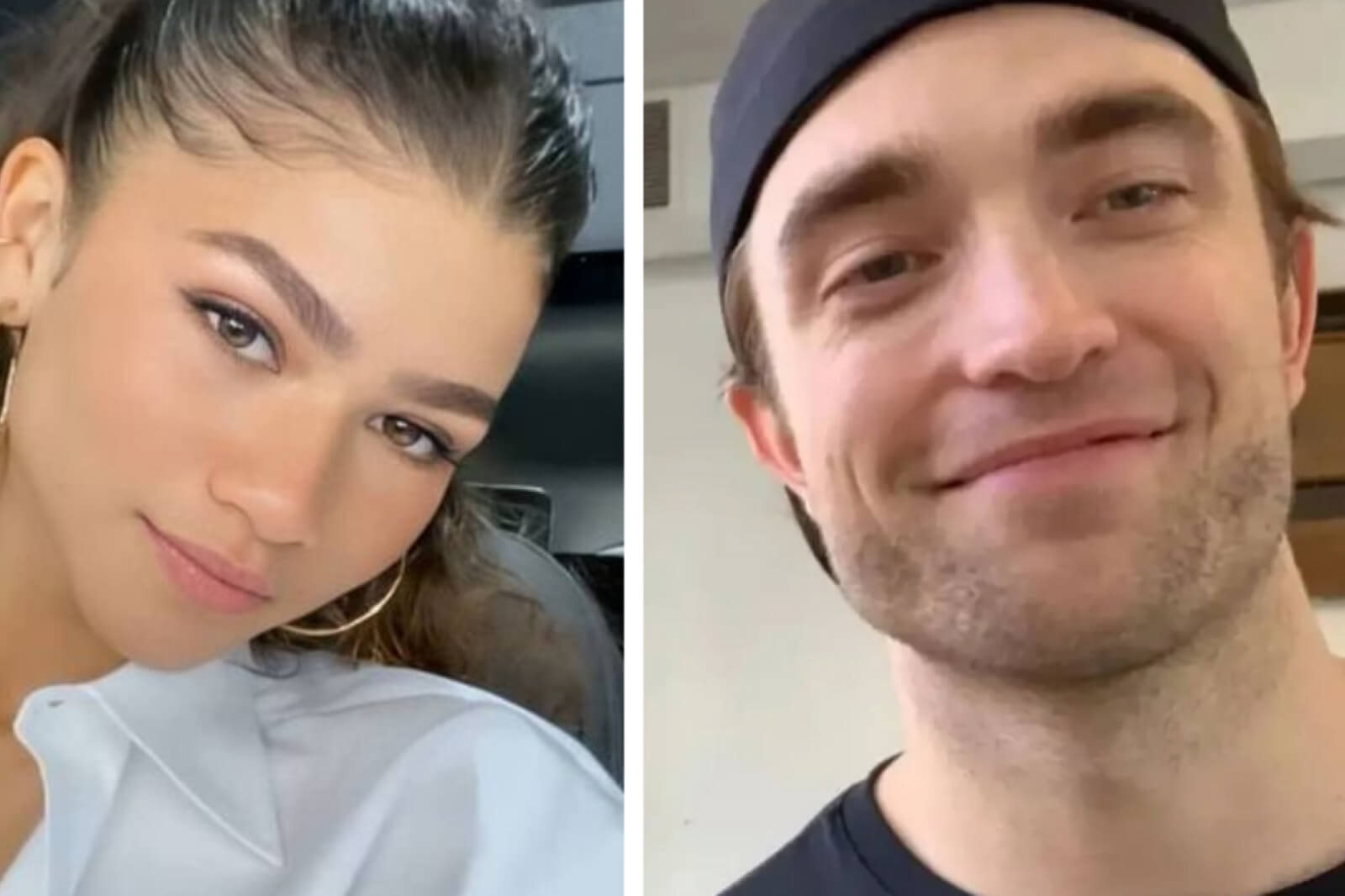Top Stories
Why It’s Okay to Find Joe from “You” Hot: The Psychology of Sexualizing Murderous Men
09 Jan, 20

Penn Badgley as Joe Goldberg 'You' Season 1 - 2018
Photo by Netflix/Kobal/Shutterstock
If you take the early-aughts phenomenon of the Twilight series as evidence, there’s nothing hotter than a pale-skinned dreamboat who is obsessed with you to the point that he kind of wants to kill you.
While the Twilight series sparked something of a moral panic among concerned parents who didn’t like the idea of their daughters and sons experiencing their sexual awakening via glittery succubi, there are similar concerns with the Netflix series You. Though, in this case, the pale, murderous dreamboat in question is not driven by a lust for blood but by plain ol’ lust.
If you haven’t watched the series, in season one we first meet Joe Goldberg as an introverted bookkeeper in New York City who falls in love with (and ultimately becomes toxically obsessed with) a grad student named Beck. Well, things don’t end so well for Beck, and Joe has to go on the run from another ex-girlfriend, Candace, who knows too much. Joe’s exodus from NYC leads him to Los Angeles, where we meet back up with him in season two. There, he plans to lead a quiet life while things blow over in New York. But he soon gets up to his old antics again when he meets Love Quinn (yes, she really is named that, and no they never explain why), an heiress and chef whom he ultimately stalks and dates—with plenty of time leftover to commit a murder or four.
Many fans have already binged watched it in its entirety, resulting in a slew of memes and posts on social media about the hotness of stalker-turned-murderer Joe Goldberg.
But not everyone felt this way. Other fans of the show took to social media to scorn anyone who finds Joe attractive despite his terrifying behavior.
Even Penn Badgley, who plays Joe, has been outspoken about how dangerous it is for people to romanticize his character.
And while, intellectually, many of us may want to reject the idea that a guy like Joe could possibly be attractive, that doesn’t change the fact that he is. The show is structured in such a way that it assumes his attractiveness, and it wouldn’t work if it didn’t. As a viewer, you find yourself rooting for Joe, wanting to believe that he is trying to change, or even that from some skewed moral perspective, his actions are justified. A large part of that is because we are privy to his thoughts via voiceover, which is self-justifying (as every person’s innermost thoughts tend to be), and as Bitch Media points out, “…In his mind, all of his behavior can be rationalized by his own traumatic past.” He is so convinced of this, in fact, that he inevitably sows empathy into the audience.
But it’s not a negligible factor that Penn Badgley is classically handsome, with sculpted features, dark curly hair, and broad shoulders. He is, in many ways, the image of the knight in shining armor that his character imagines himself to be. On a purely aesthetic level, of course, we find him attractive. But then there’s the factor that is making so many people on Twitter uncomfortable: Part of why we find Joe attractive is because of his obsessive and violent tendencies, not in spite of them.
In their book, A Billion Wicked Thoughts: What the World’s Largest Experiment Reveals About Human Desire, computational neuroscientists Ogi Ogas and Sai Gaddam find overwhelming evidence that heterosexual women are attracted to extremely dominant men. One example they refer to over and over again is the genre of romance novel, which, largely aimed at women, almost always tell a story of an aggressive, virile male sexually dominating an initially resistant female. But, you may be thinking, surely that’s different than being attracted to someone who is dominant to the point of actually killing people? Yes and no.
As Douglas T. Kenrick, Ph.D. outlines for Psychology Today, “The Nobel Prize-winning ethologists Konrad Lorenz and Niko Tinbergen demonstrated that an animal’s instinctive drives could often be triggered by stimuli that were unnatural amplifications of the normal cues for which their sensory systems were designed to light up.” For example, “Birds who normally sit on their own small light blue eggs will preferentially sit on much larger eggs that are painted a brighter shade of blue.” This theory applies to human desire, as well, Kendrick goes on to say: “Research in evolutionary psychology has outlined what it is that women naturally find desirable in prospective male mates. Across cultures, women tend to prefer men with resources (e.g. money)— and men able to protect them and their potential offspring (e.g. Buss, 1989, Li, et al., 2002). As it turns out, vampires often represent exaggerated versions of the features women find attractive in real life.” For example, Edward Cullen, the vampiric love interest of the Twilight series, was extraordinarily wealthy and supernaturally strong, characteristics he shares with other vampiric characters spanning over centuries.

But while this explains the allure of violent male figures like vampires well enough, what about Joe in You? He is neither financially stable nor particularly physically strong. But there is one amplified attractive feature he does share with vampires: abnormal devotion/desire to the object of his affection. In the case of vampires, their sexual lust is exacerbated by their lust for blood. In Joe’s case, he often proves the absolute depth of his devotion to his beloved by murdering for her sake. Essentially, we’re programmed to respond positively to signs of lust and devotion from a potential male mate, and if their lust and devotion is amplified to the point of the obsessive, toxic devotion that we see from Joe, there is a part of us that is going to react more strongly than normal. Summarily, we’re going to find murder hot.
Look at the scores of women who sent Ted Bundy nude photos of themselves while he awaited trial for his heinous crimes (Bundy, like Joe, claimed his murderous bent was linked to a traumatic past). Look at the endless tropes of the hyper-masculine soldier returning from a bloody war and sweeping the maiden off her feet. Or we can return to vampires for a moment: Between Twilight, Anne Rice’s vampire series, and shows like True Blood, it’s evident that people find vampires sexy. While this makes sense on a purely animalistic level according to Lorenz and Tinbergena’s theory of supernormal stimuli, we all know that human intellect interferes with our baser instincts, and surely women don’t actually want an obsessive, violent, and insensitive mate, right?
As Dr. Leon F Seltzer writes in a piece for Psychology Today that attempts to analyze the many women who have become obsessed with serial killers, “The fantasy that seems to be operating in such devotees, and that constitutes the plot of virtually all erotic/romantic novels written with women in mind, is that the ‘misogyny and jerkdom’ they might have to battle within such super-dominant males is only temporary. That it doesn’t really represent the man’s innermost reality.” In other words, we find violent, dominant men attractive, and to justify this attraction, we tell ourselves that really he just needs someone to bring out his more tender qualities, a challenge that is in and of itself attractive to many women. Not only that but once the beast is tamed, so to speak, we still know that there’s a part of our kind and sensitive man that could become violent and aggressive again should the need to do so present itself, ultimately fulfilling our biological need to feel protected.
There is, of course, more than a little social conditioning at play here, too. Laura Elizabeth Woollett, who tries to understand the psychology of real-life women who were attracted to killers in her book The Love of a Bad Man, put it well when she told Refinery 29, “It’s hard to say where the figure of the ‘bad man’ ends and the ‘antihero’ begins. There’s a huge crossover there and, as a result, bad men are often romanticized — tragically flawed, but human; dark and sinister, but exciting. As long as antiheroes are seen as attractive, bad men will be too, on some level.” This is more or less another way to describe the phenomenon of believing that a violent, aggressive man is only that way on the outside, that really he is a sensitive man waiting to be “saved” from himself. It’s also a feature of the misogyny so ever-present in our culture that women feel an obligation to care for toxic men they feel were “wronged” by society. As Penn Badgley himself said in a recent interview, You is in large part about,”how far are we willing to go to forgive an evil white man.”
So yes, you find Joe Goldberg attractive because Penn Badgley is classically handsome, but you also find him attractive because of the very reasons you think you find him repulsive: His willingness to kill for his beloved, his unhealthy devotion, and even the dominance he shows in repeatedly besting and killing other people in the name of love. But don’t worry, this doesn’t mean that you’re likely to end up marrying a serial killer in real life.
You allow yourself to lust after Joe because a large part of you knows he’s not real. It’s important to point out the difference between sexual fantasy and genuine sexual attraction, particularly in cases where, on the surface, it would seem women want violence and other unhealthy behaviors from their sexual partners. Paul Joannides, author of The Guide to Getting It On, notes that a vital part of fantasy is the woman’s knowledge that she is in control, “because she’s the one scripting the scenario.” For example, a rape fantasy by no means indicates that a woman wants to be raped; and, in the same way, lusting after a fictional murderer in no way means that a woman would really find murder attractive in real life.
So go ahead and calm down, Twitter, just because we keep tweeting that we want Joe to trap us in his glass box doesn’t mean we actually want a stalker to murder on our behalf. We know that murderous men are bad; we know that we should desire a healthy, functioning relationship that allows both parties to maintain their autonomy… But that isn’t going to keep us from dreaming about this creepy, delicious smile. We’ll see you in season three, Joe.
- Is the British Dating Show “Naked Attraction” Progressive? – Popdust ›
- Penn Badgley Hated Playing Joe in Netflix’s “You” – Popdust ›
- “Sexy Beasts” Blends “Bojack Horseman” with Your Nightmares – Popdust ›
- Robert Pattinson Is Not “The Most Handsome Man in the World” – Popdust ›















